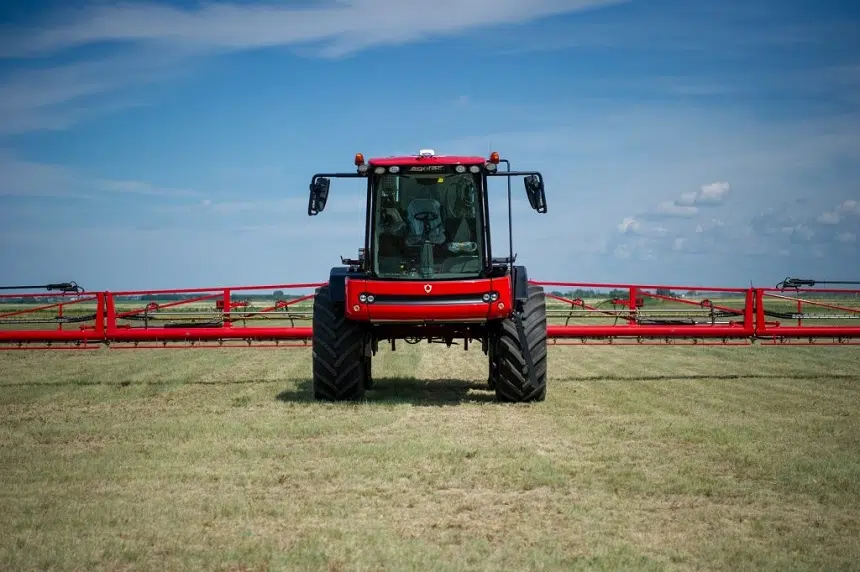Fuel regulations coming into effect Saturday will put more pressure on the already-strained finances of Saskatchewan farmers, according to SARM.
The clean fuel standards, which are meant to reduce greenhouse gas emissions in fuel production and importation, are expected to add 17 cents to the price of a litre of fuel, along with the 37-cent increase that will be added through the federal carbon tax by 2030.
The Saskatchewan Association of Rural Municipalities issued a statement Thursday saying the big jumps in fuel prices will directly affect the bottom line of farmers in the province.
“We see this very much as a Carbon Tax 2.0,” SARM president Ray Orb said in a statement. “This will increase costs to all farm production, there’s no doubt about it.”
According to SARM, rising fuel prices have already created financial strain for farmers, squeezed profit margins thin and put more pressure on those working in an “already challenging industry.”
The organization said it’s pushing for the federal government to reconsider imposing taxes that will put farming operations at risk.
“SARM continues to stress to the Federal Government that it is imperative to strike a balance between environmental stewardship and the economic well-being of Saskatchewan’s farmers,” the organization said in a statement.
“Agriculture is an energy-intensive industry, requiring fuel for machinery, transportation, and heating. The imposition of these carbon taxes directly increases the cost of these essential inputs, straining farmers’ profitability and jeopardizing the viability of their operations.”
If the federal taxes continue to push up production costs for farmers, SARM said Saskatchewan’s farmers will be at a disadvantage, putting the province’s agricultural exports and economic growth at risk.











